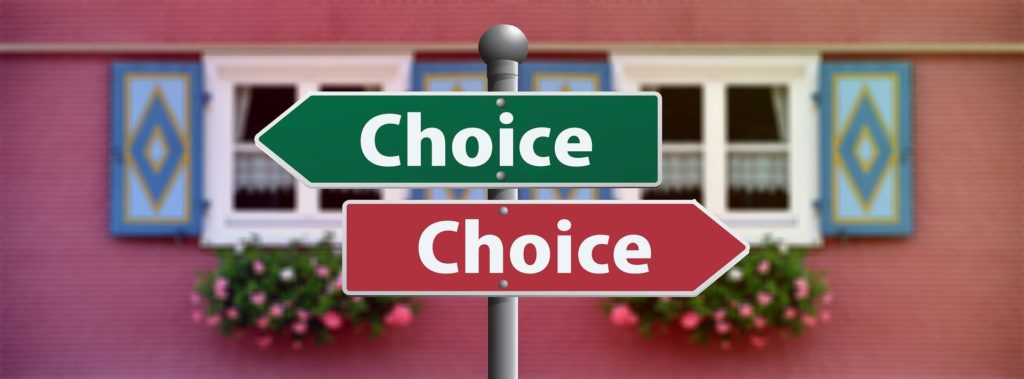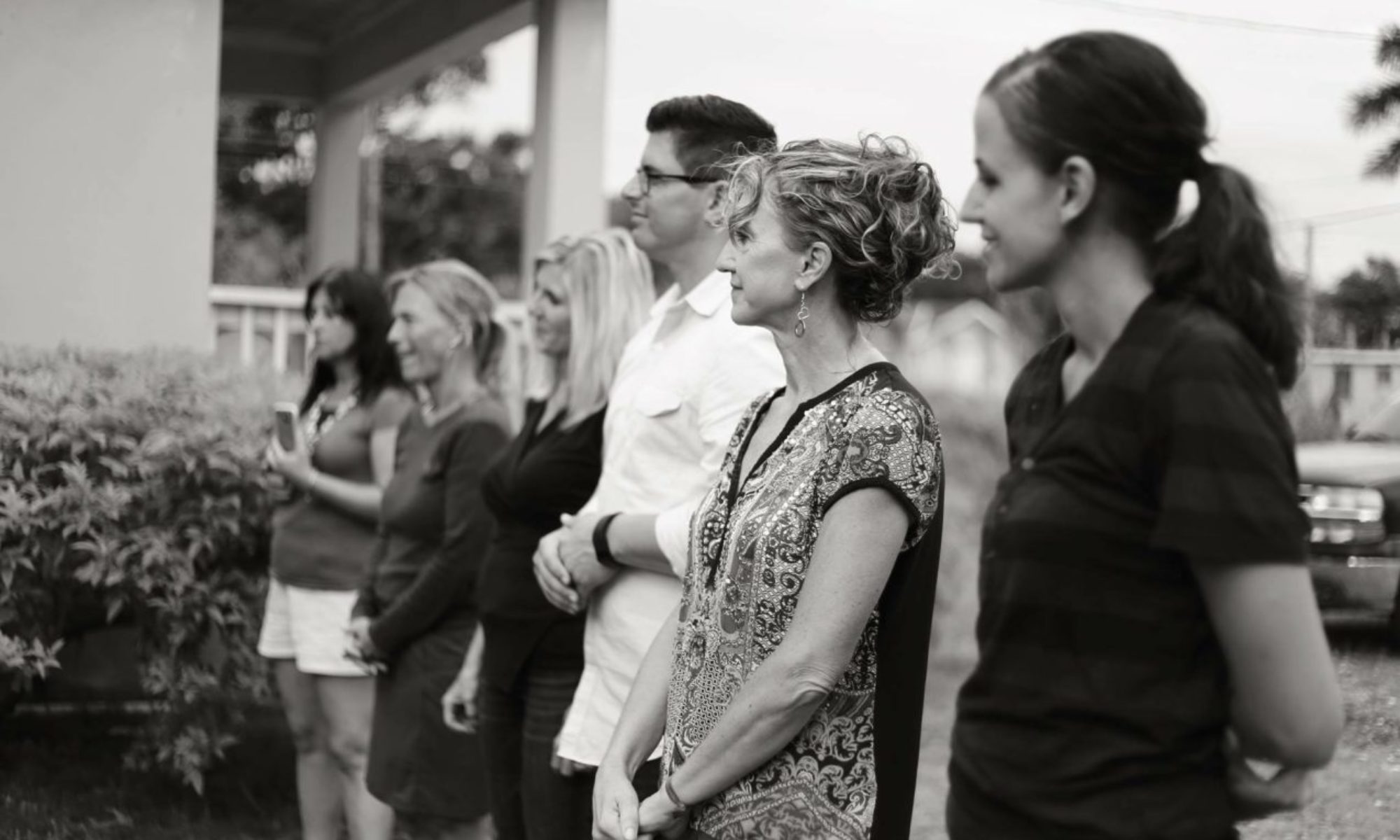
Many years ago, I was taking evening classes which required a 90-minute commute. Class usually ended at 9 PM, then I would make my way to the interstate and try to wind down during the drive south. One particular evening, I was forced to make a ‘split second decision,’ a decision that could seriously affect the life of a stranger and/or myself.
I found myself in the passing lane behind another car. We were both passing a semi-truck, the other car was located near the front, and me near (adjacent) to the back of the truck. The road was curving to the right with a slight incline, so there wasn’t much ‘line of sight.’ My best recollection would place our speed at approximately 70 mph when the car in front of me locked up the brakes. I had a split second to make a decision. I could swerve into the right lane and hit the truck, I could swerve left into the median, or I could rear-end the car in front of me. Option 1 didn’t seem like much of an option. I would likely lose my life. Option 2 was viable, however, I had no idea why the car was breaking so suddenly. Could there be something or someone in the median? If so, I could potential injure others or even take their life. That would be a hard pill to swallow. With option 3, there was the possibility of injuring the driver in front of me and even myself. All these possibilities flashed before my consciousness in about a second.
Discernment is the art or ability to choose or judge well. The ability to discern well, can have a tremendous impact on the results of any event or situation. So, how does someone achieve good discernment?
The first step might lie in the understanding of truth. When a person has a good understanding of right from wrong, good from bad, they are able to place a healthy contrast to any situation. Another avenue to healthy discernment might be found via failure. When we make bad decisions, they provide vast opportunity for self-awareness and wisdom. So in that respect, a bad decision is not a failure at all, but an opportunity for future personal growth. The art of discernment may grow over time, as we experience the magical aspects of life and how situations unfold. Over time, we can develop a keen sense of awareness and respect for the power in our choices.
We should always seek to make good choices with the assistance of healthy discernment. Some tips for choosing well include consideration of the following:
-Choosing the right choice over the easy choice
-Choosing others before self
-Choosing love over any negative emotion
-Choosing quality over quantity
-Choosing quality over cost
-Choosing only after adequate research
Our experiences help to provide the catalyst to mold our perspectives and enable the cultivation of healthy discernment. We make hundreds, if not thousands of choices each and every day. We can live a better, more fulfilled life by taking personal responsibility for our own decisions. This may require time and introspection. Hopefully, you will always have adequate time to make your decisions, including the time to change your mind if appropriate.
In case you are wondering, in my featured scenario, I chose option 3, to remain in my lane, come what may. The decision left me stranded, my car totaled, but me in one piece. I was not injured nor the car or driver that initiated my sudden response. There was indeed much in the median. A tow truck, two cars, and a sheriff deputy on foot. I will never know why flares or warnings were not posted. What I do know is that I made the best choice that I could, given the circumstances, and my discernment played a key role in making that decision.

